It’s been over a month now that I’ve been playing Agar.io just about every day, and I’m still not tired of it. Simple games like these really go a long way in showing that gameplay really should be top priority — if a game’s not fun, why play it?
Agar.io is fun, but it does require some level of skill to make it to the top of the rankings and stay there. While a big portion of how well you will do is luck-based (such as a fortunate multi-split of a much larger cell), knowing when to keep it together in-game is the difference between someone who gets sizable quickly and someone who struggles time and time again.
At its heart, Agar.io is a simple game. But that doesn’t mean you can mess around and expect to get and stay big. Without further ado, here are some tips to help you get and stay at the top.
Time your splitting carefully
I know it’s really tempting to split your single cell into two to go after smaller prey, but it’s not always worth it. And you need to be able to gauge the size difference between yourself and whatever you’re thinking about eating — because you go down to half your size when you split.
Only split when you can guarantee that you’ll not only be able to hit your target, but that you won’t be too small to eat them once you do. It’s also almost always best to split when you can eat more than one target, making your splitting extra worth it.

A lot of Agar.io players split willy-nilly in hopes of getting small gains from prey, but don’t be too hasty. When you split, you’re smaller until your cells join back together; meaning you’re probably going to be more vulnerable unless one of your cells got to or above the size you were when you were a single cell.
Be even more careful when splitting to more than two cells
You almost never want to split up too many times at once, unless you’re trying to get away from bigger cells or it’s guaranteed that you’ll get much larger. This is especially true once you’ve gotten very large.
Each time you split, your cells are halved in size and doubled in amount. This means you’re less able to hunt down smaller cells and you’re very vulnerable until your cells join back together.
Splitting too many times is one of the biggest causes of falling off the leaderboard, second only to getting cornered and trying to juke through obstacle cells (or having someone spawn a new one on you).
Obstacle cells can be used to your advantage
Those spiked cells aren’t just there to make life difficult when you get big, you know. They can also be used as hiding spots when you’re smaller than they are, and they can be used as weapons against larger cells.
When you’re larger than an obstacle cell and you collide with it, you split into several smaller cells — which is what makes them the number one size-ruiner; but you can use them to your advantage by shooting mass towards them.
The ‘W’ key expels mass in the direction you’re pointing the mouse, meaning you can aim mass toward an obstacle cell. And what happens when you shoot a bunch of mass into one? It spawns a brand new obstacle cell in the direction you were aiming.

This is something you really need to take advantage of when there are several huge cells on the map, or when you yourself are large and are trying to defend yourself from an even larger cell.
Bear in mind how many times a larger cell has split before worrying about it
There aren’t many players who will split themselves more than a couple of times before waiting for their cells to come back together. After all, you’re safer the larger you are.
If you see one of the biggest cells on the map split into more than four parts, it’s probably not going to split again just to come after you unless they are exceedingly large. It’s usually not worth the risk to keep splitting for a single kill — though if you’re lined up with another cell, the huge cell may go for it anyway.
Avoid obstacle cells at all costs once large
Any Agar.io player who’s been at it a while knows how easy it is to topple even the biggest cell with a simple obstacle, and some people go out of their way to try to break up large cells.
It’s best just to avoid obstacles once you reach a certain size threshold, unless you’re running from a larger cell. In these instances, you need to think quick and try your best to spawn another obstacle on them before they can corner you. It’s dog eat dog.
You lose mass all the time, so always aim for the tiny cells sprinkled around the map
You are constantly losing size — the larger you are, the faster you lose it. The tiny cells that spawn all over the map are a critical part of your diet, no matter your current size. You need them to get big when you’re small and you need them to supplement player cells once you’re big.
Don’t think you’ll be okay avoiding them once you’re huge. For an idea as to how much mass you lose per second once large, click the gear before getting in-game and turn on ‘Show mass’ to see just how much you need those tiny cells to survive.
You can trick some people into following you right before your cells rejoin
Some people are really thirsty, and if you play your cards right you may be able to take advantage of that.

Your cells can’t join back together unless you let them touch, meaning if their size difference is large enough and you’re pointing in the right direction, you can move around without allowing your cells to join back together. You can quickly change directions (or stop moving) to let them join quickly after keeping them apart for a while.
This is great for baiting some players and has a few uses when escaping. Always be aware of your cells’ locations and whether they’re about to join together again or not.
Even with all of the above tips, always remember that a good portion of the game is luck. You can remember where all the obstacles are, where the biggest guys like to hang out, and the general aggression level of the map — but sometimes you just get lucky or unlucky. Not every run is going to go great (nor terrible), and that’s just the nature of the game.


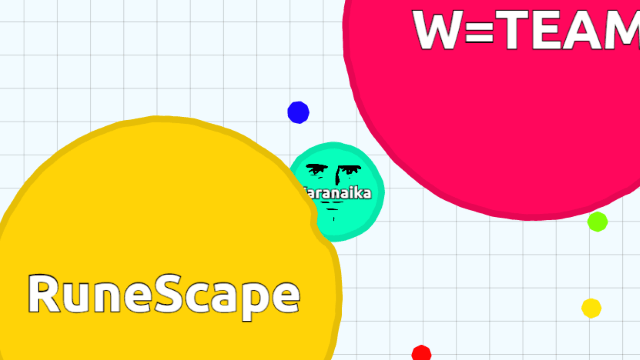

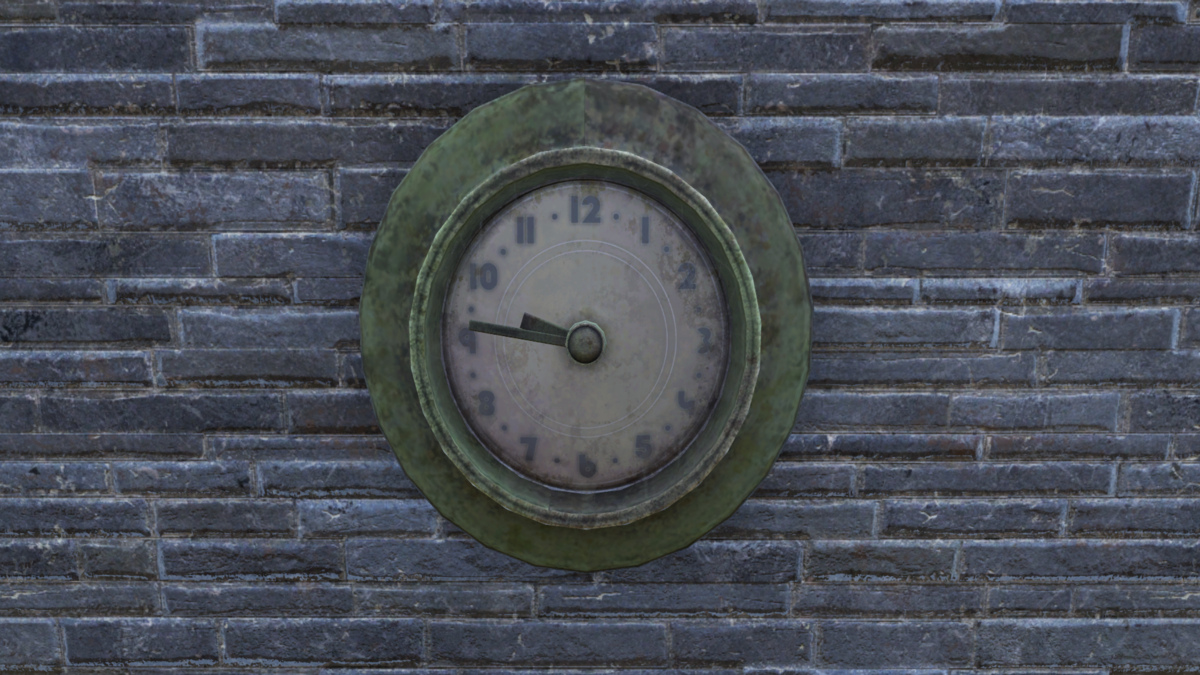
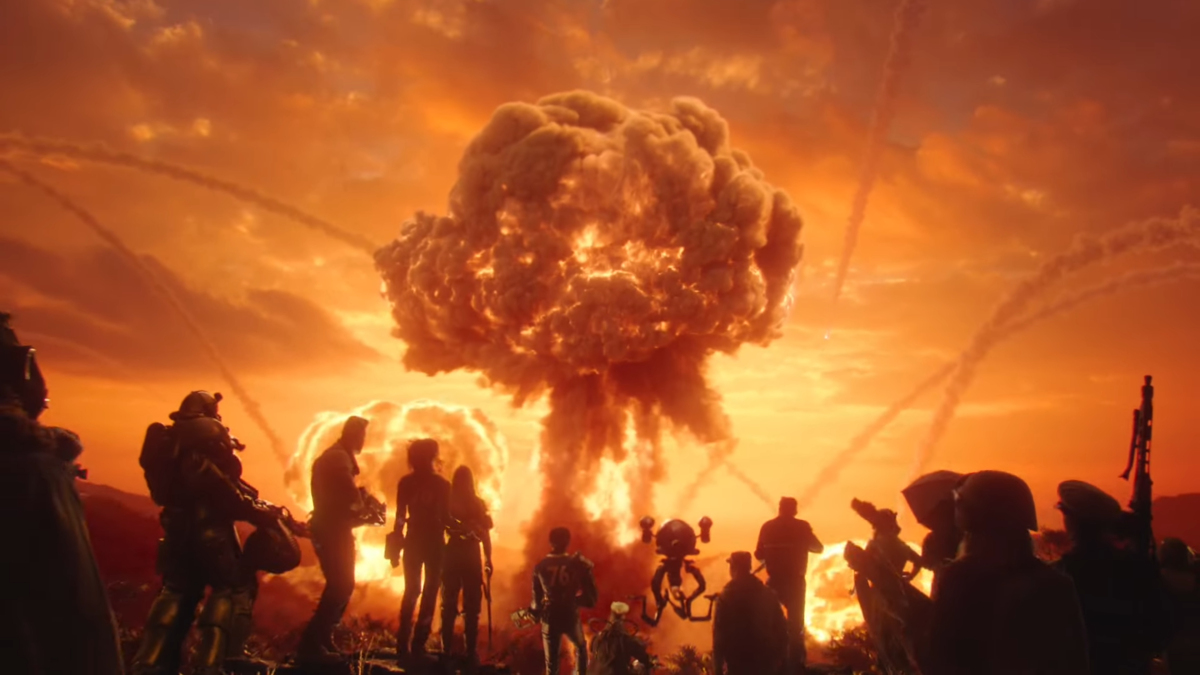
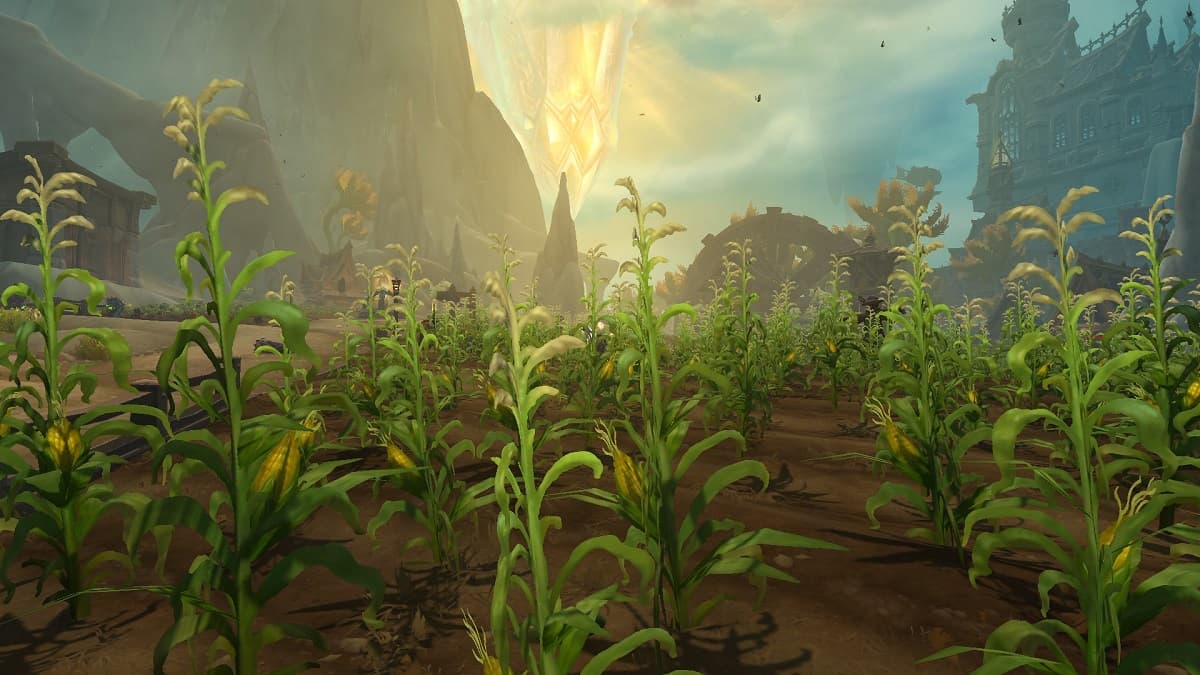
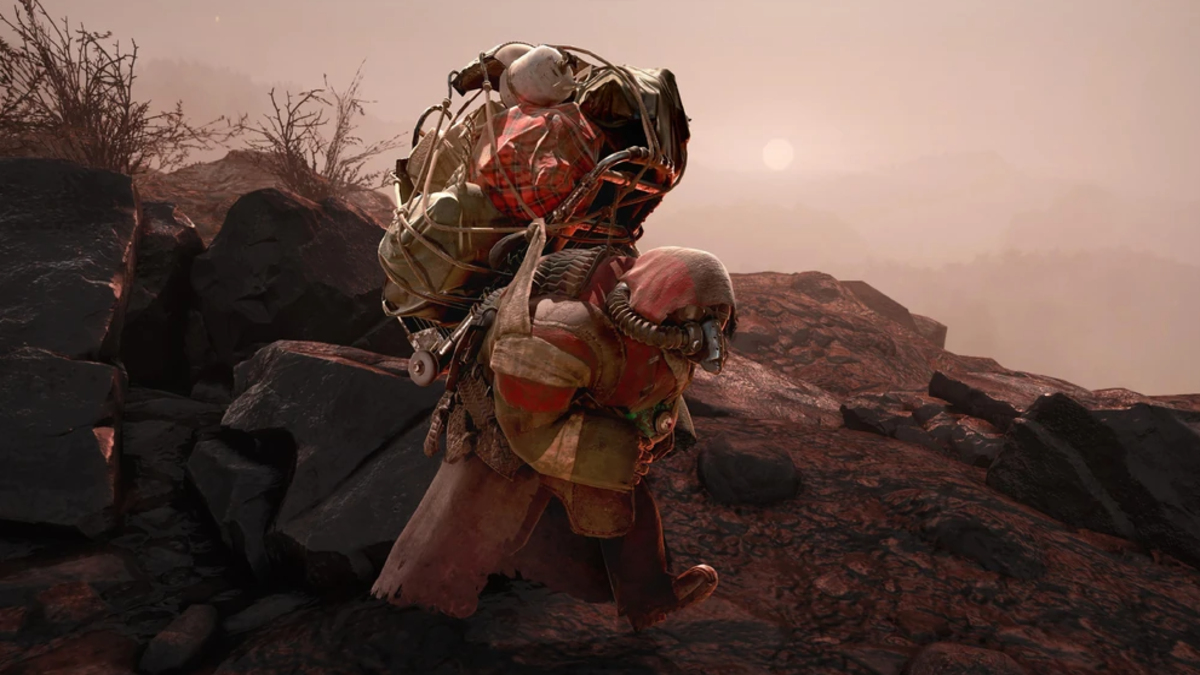
Published: Jun 7, 2015 07:38 am